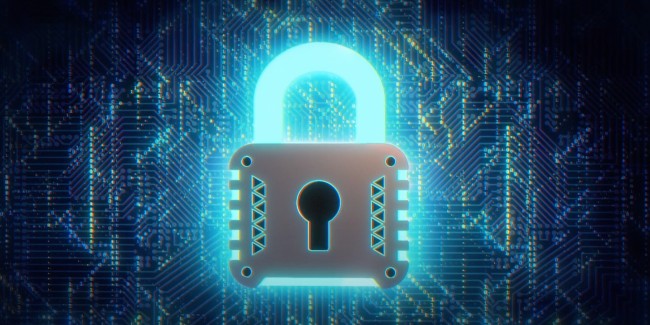 Although the free Wi-Fi at coffee shops, malls, airports and other public spaces may be convenient, a lack of security controls can put users at risk of an attack. Cyber criminals can use public networks to intercept any data, such as website login information, credit card numbers and personal communications. This is known as a Man in the Middle (MITM) attack. Using a private network, such as a hotspot, is more secure.
Although the free Wi-Fi at coffee shops, malls, airports and other public spaces may be convenient, a lack of security controls can put users at risk of an attack. Cyber criminals can use public networks to intercept any data, such as website login information, credit card numbers and personal communications. This is known as a Man in the Middle (MITM) attack. Using a private network, such as a hotspot, is more secure.
Here are some actions you can take when accessing public Wi-Fi:
Avoid entering sensitive information. Always avoid logging in to bank accounts or entering credit card information over public networks. If you need to enter information, make sure the website is encrypted. Encrypted websites use https://. Make sure every page you access is using https://, not just the landing page. Most browsers also include a padlock symbol at the beginning of the address to indicate the site uses encryption.
Minimize the use of plug-ins. Most browser-based attacks come through vulnerabilities in plug-ins, not the browser itself. Make sure to update your plug-ins and delete those that you no longer use.
Use a virtual private network. Using a VPN is the most effective way to stay safe on public networks. VPNs encrypt your data traffic and act as a protected tunnel between the client (i.e. browser) and the server. The data passing through the tunnel won’t be visible to hackers, and they won’t be able to access your information or activities online.
Similar concerns exist when using public devices to access personal information. Here are some steps you can take:
Delete your history and cookies when using a public device. Your browsing history and cookies are often automatically recorded and saved. When you are finished using a public device, make sure to delete your history and cookies.
Never save passwords on public devices. Most browsers will offer to save your passwords for future use. Be sure to avoid saving your passwords on public devices, even if you trust the device (e.g., a VU lab computer).
Other stories in the series:
- Strengthening cybersecurity across our institution
- Cybersecurity training and updated policies now available
- What is cybersecurity, and why does it matter?
- Be aware of your digital footprint
- Best practices for managing your passwords
- Phishing—be cautious of what you click
- Cyberbullying—you’re the first line of defense
- Be aware of identity theft
- Backing up your data
- Keeping your operating system and software up to date
- Securing your physical devices
- Securing your home network